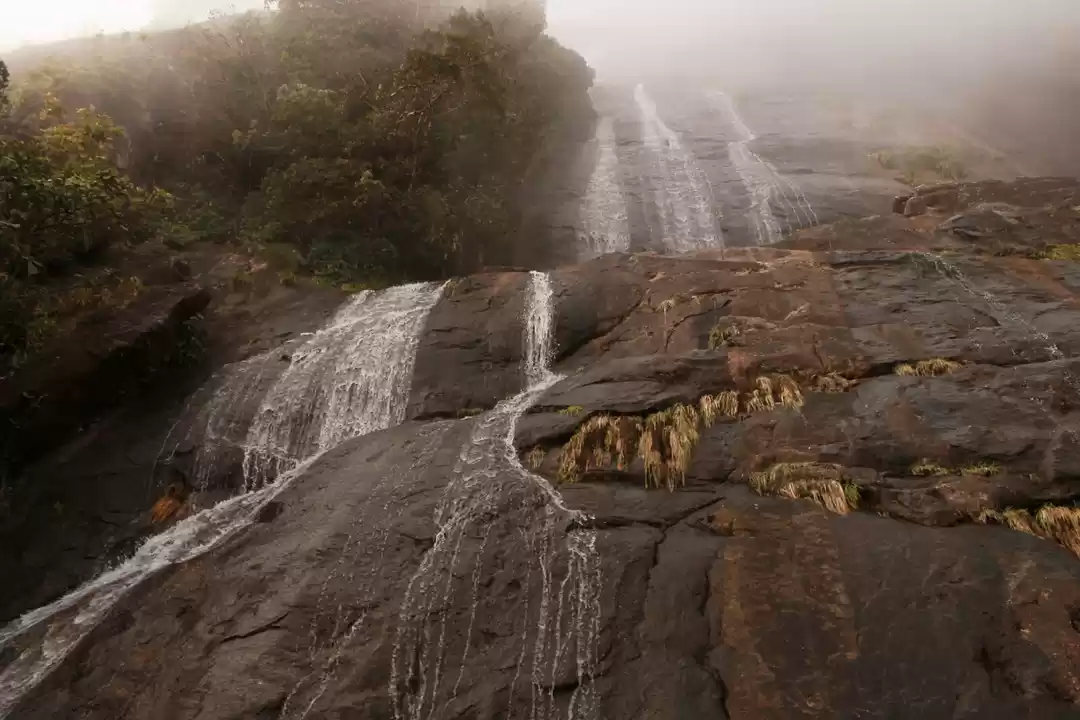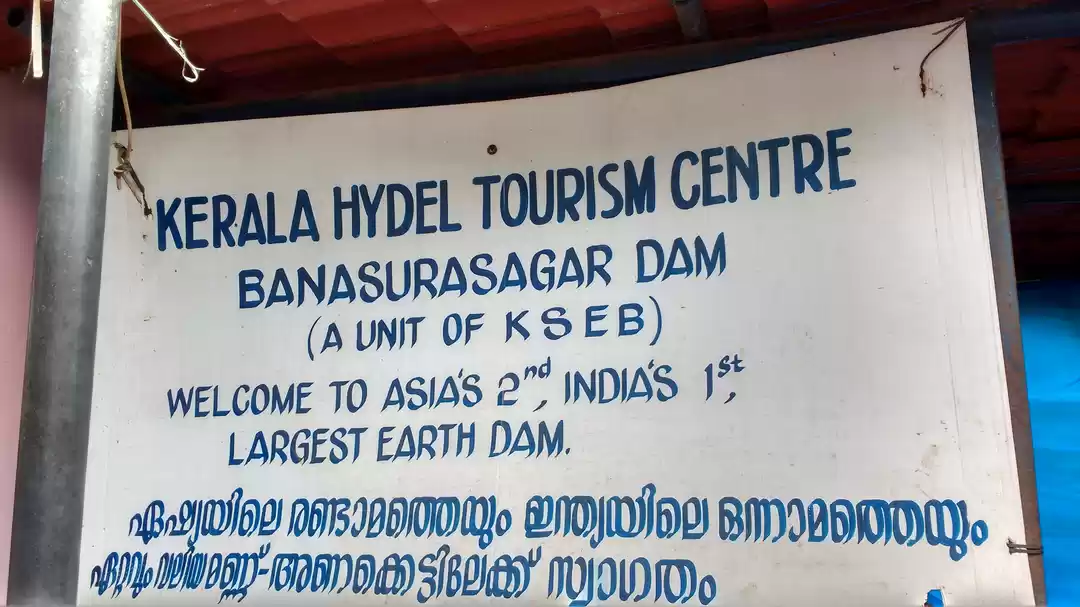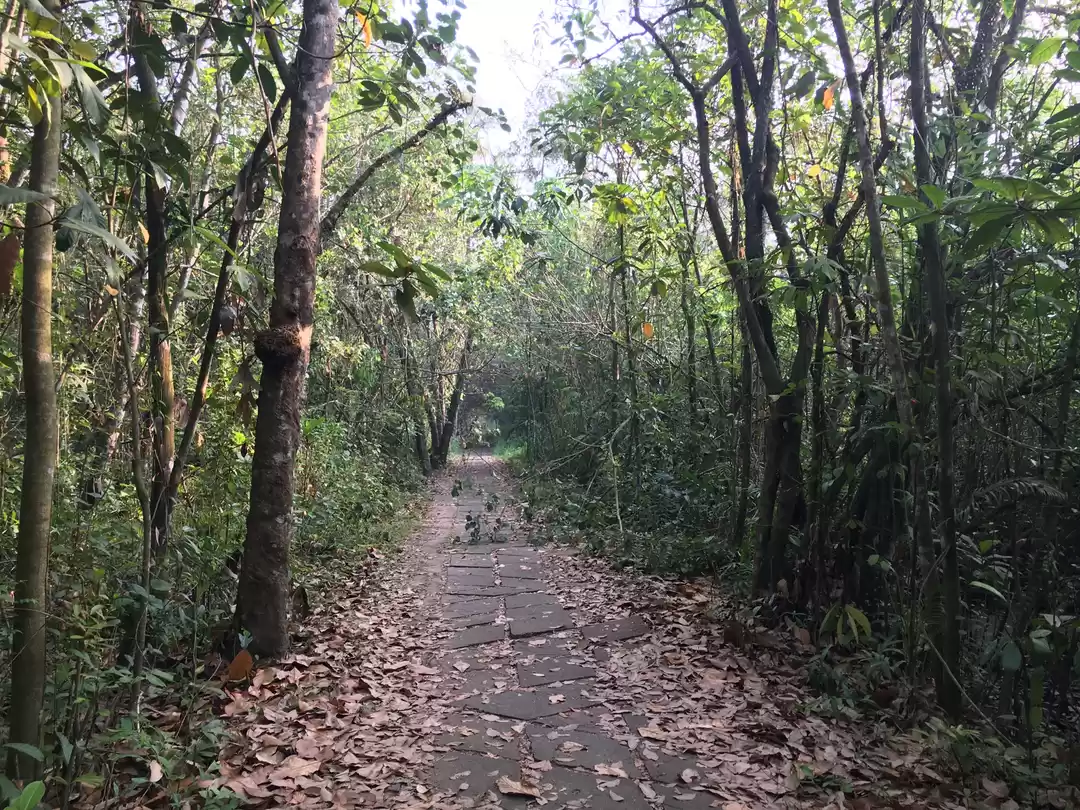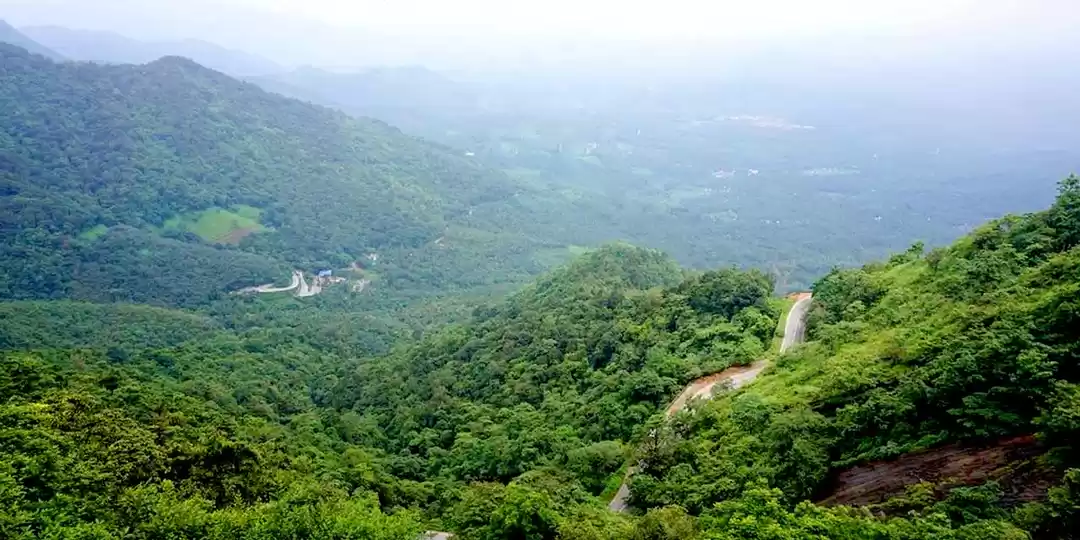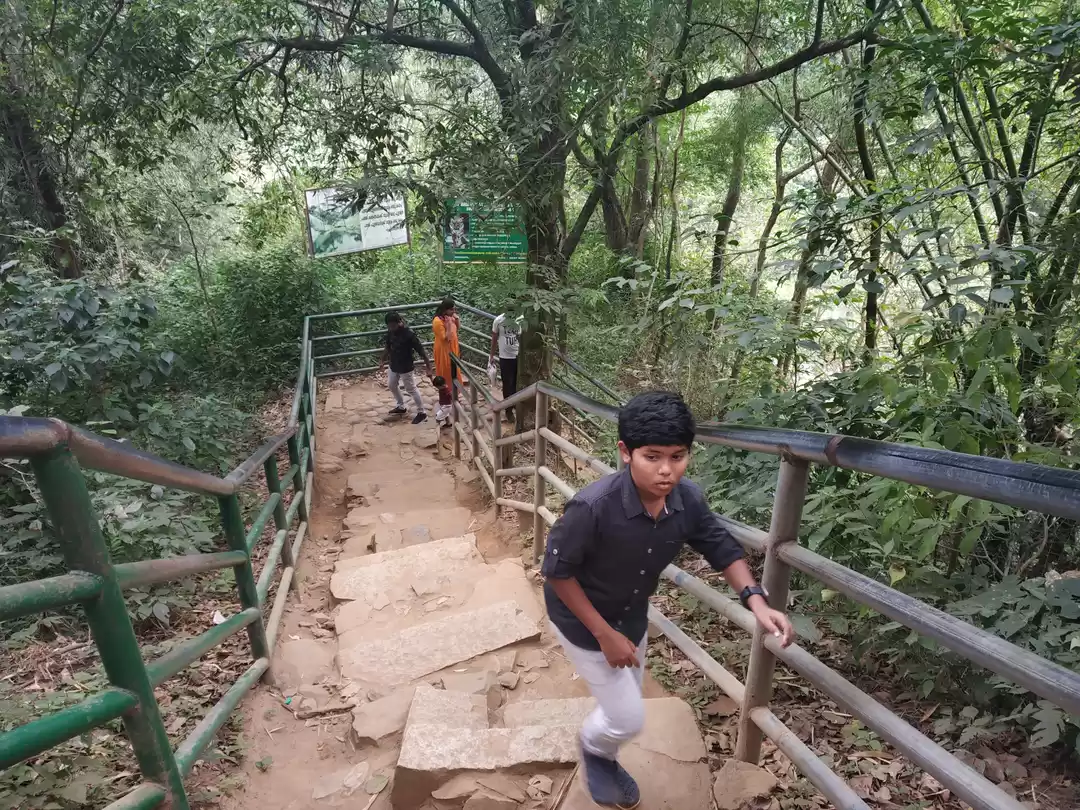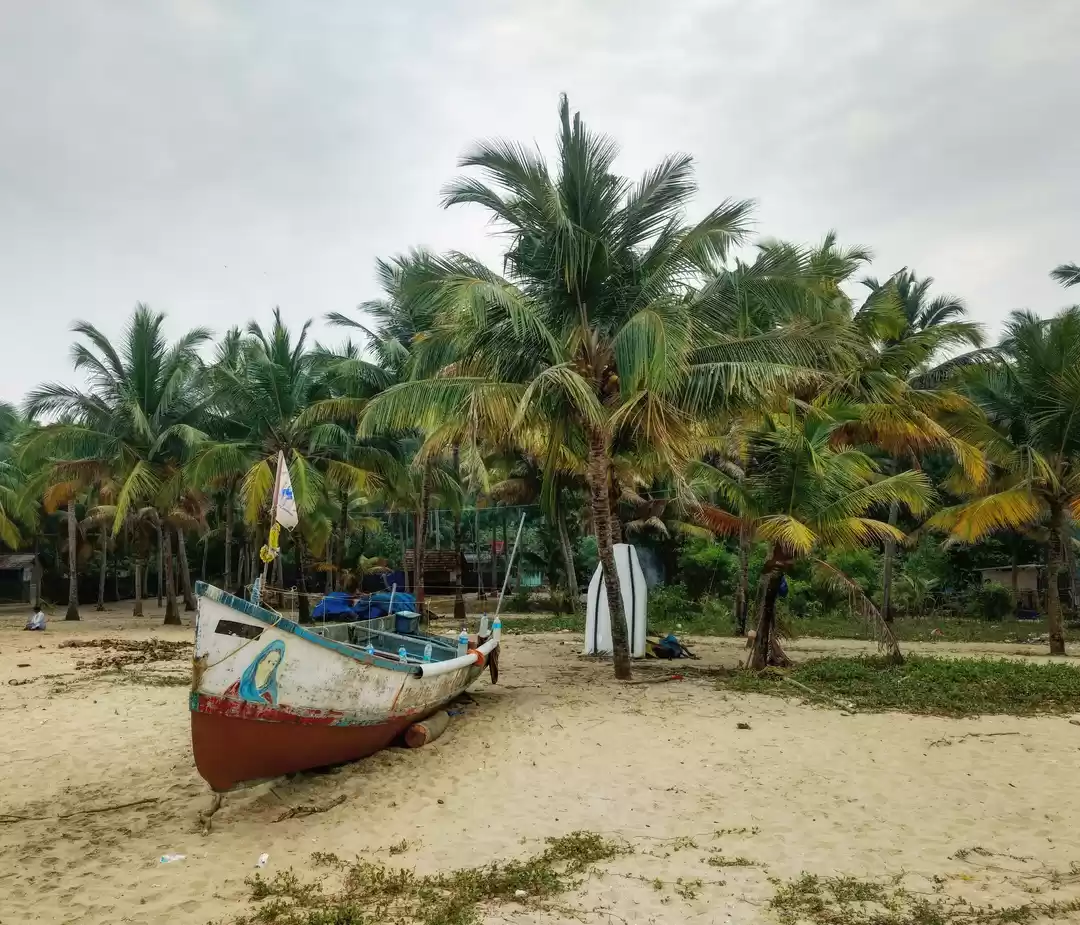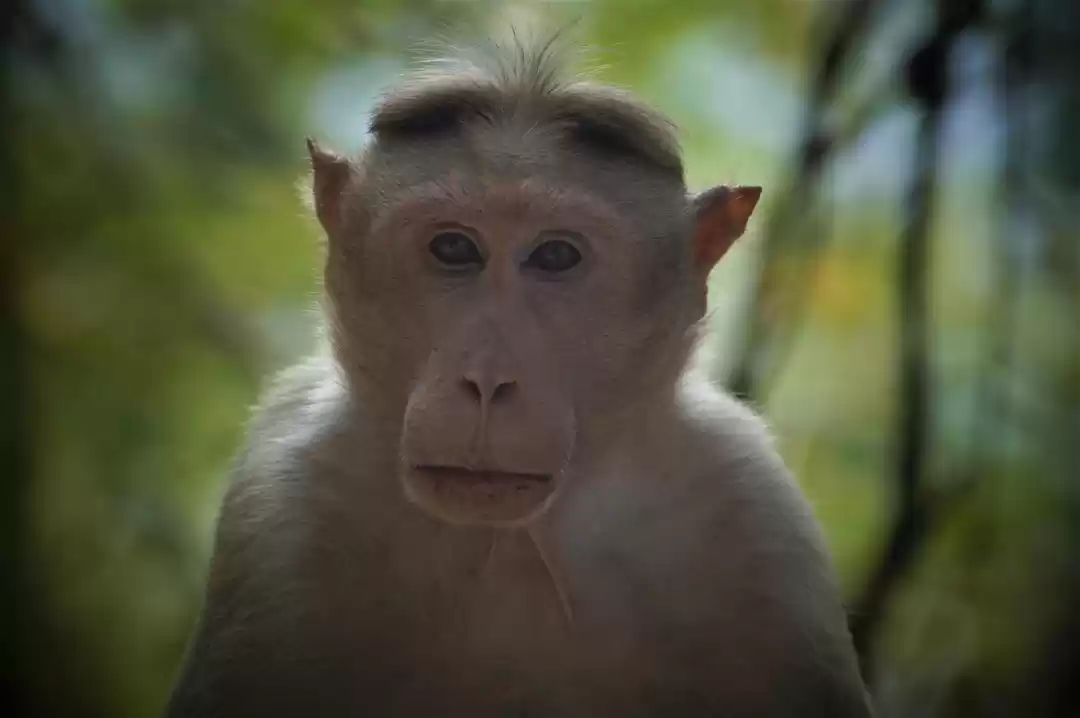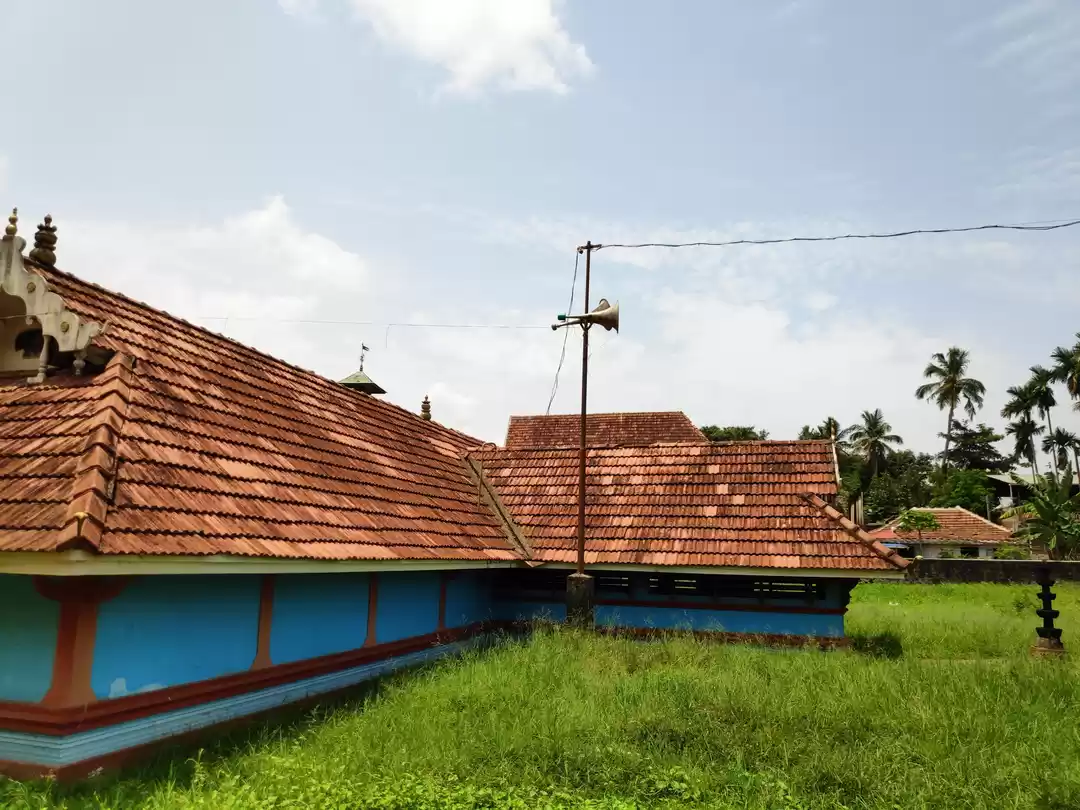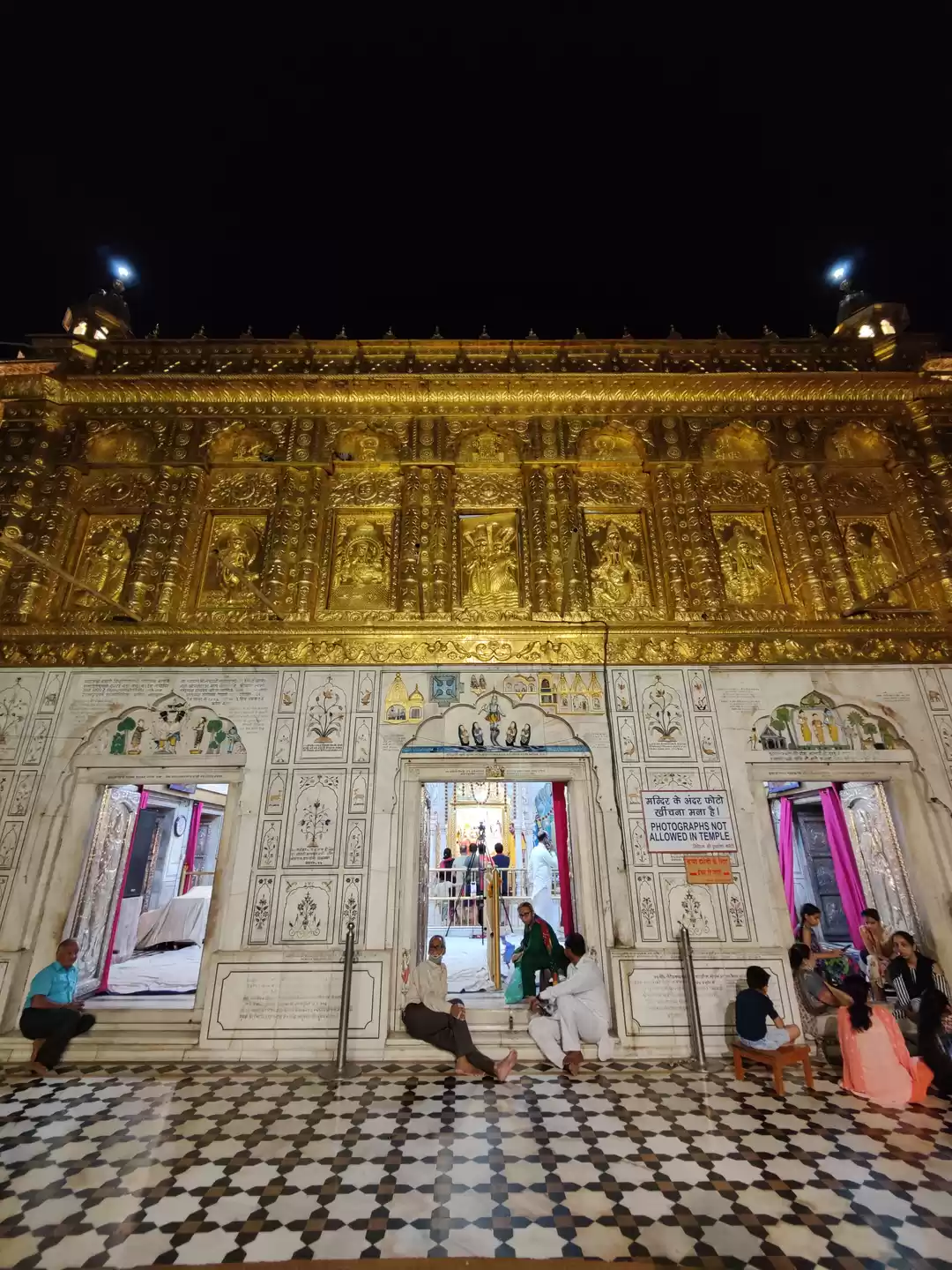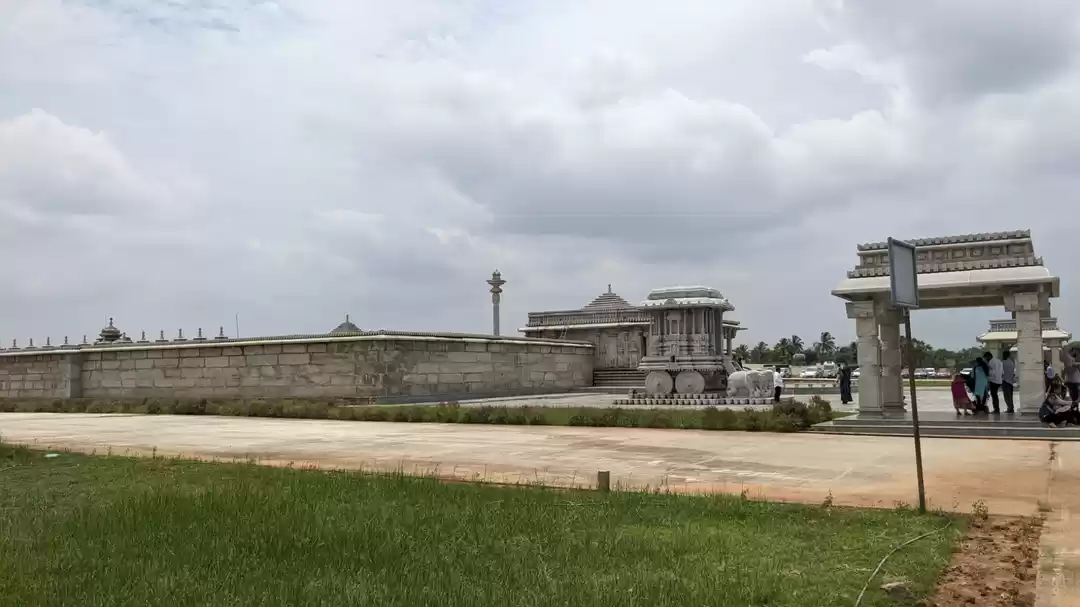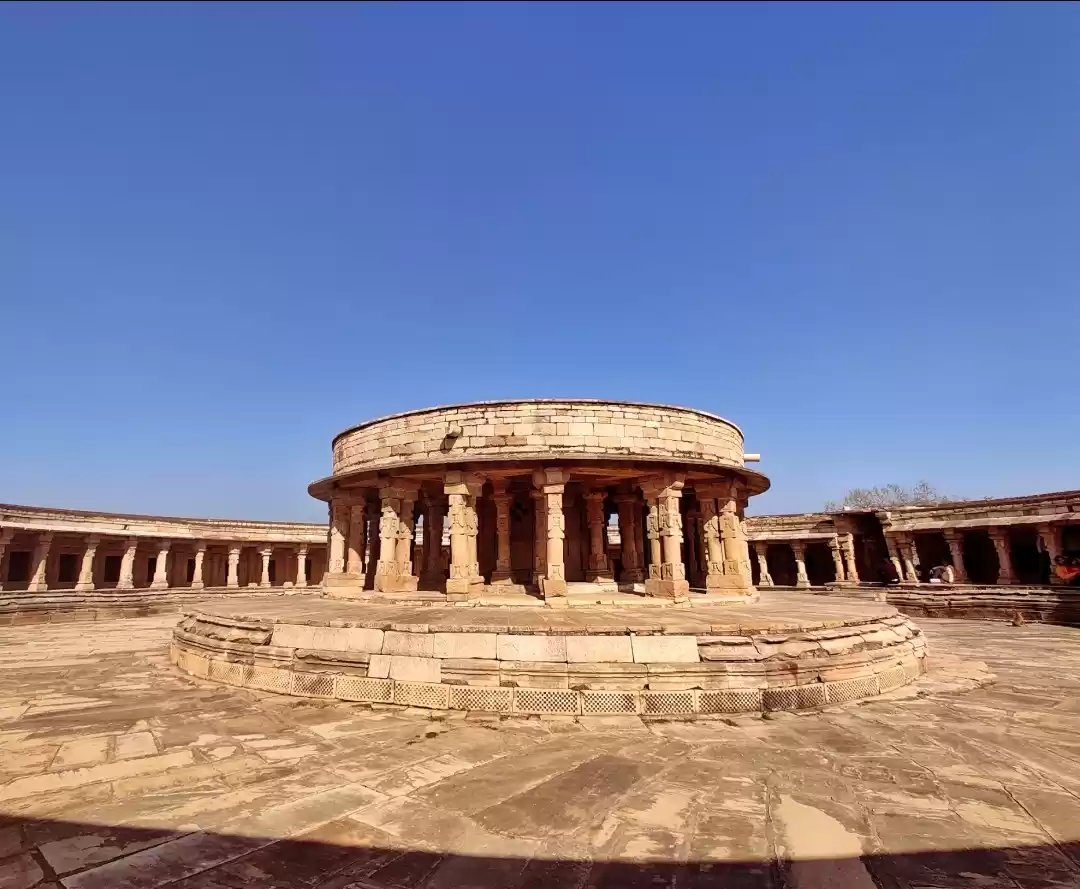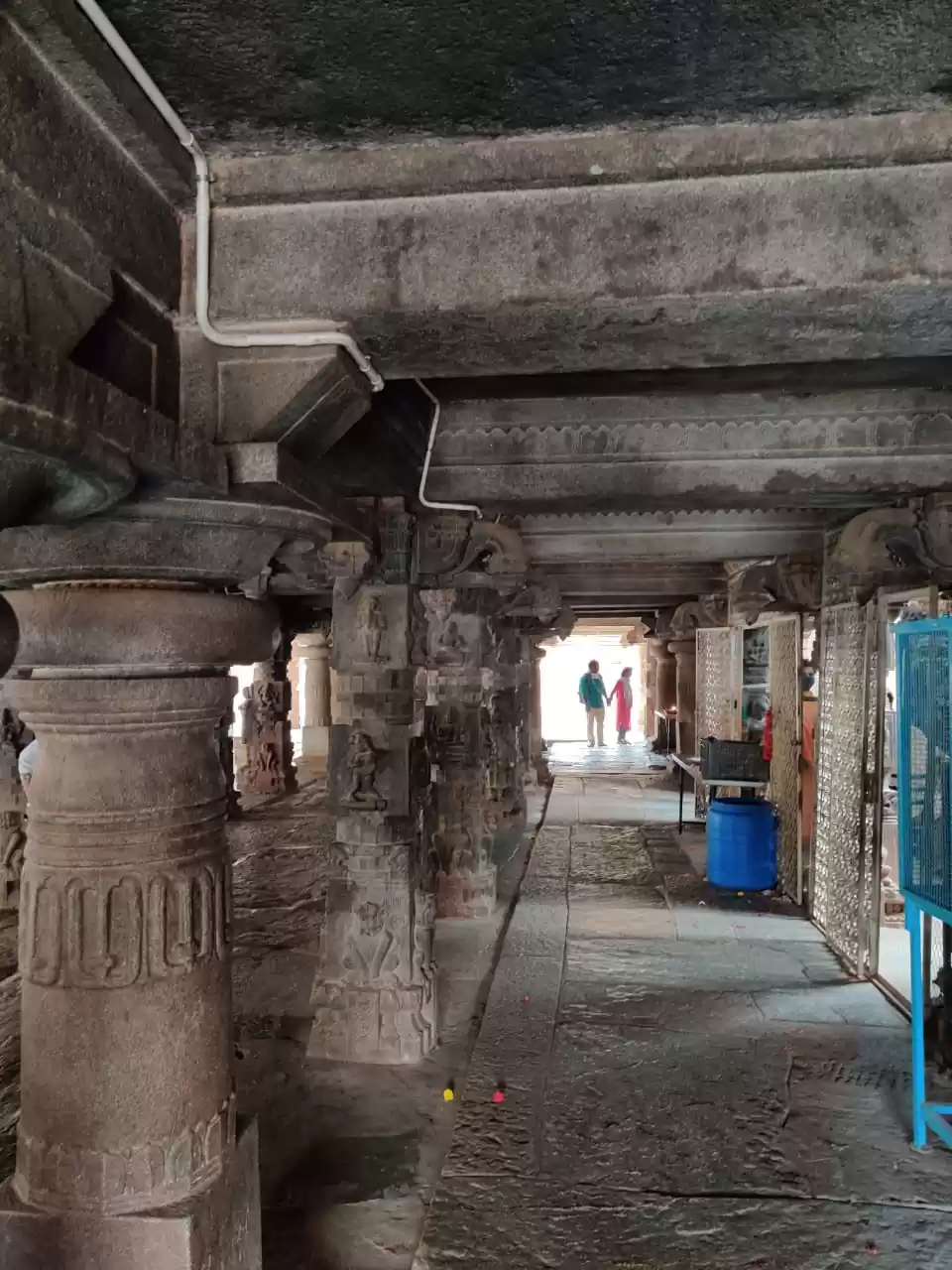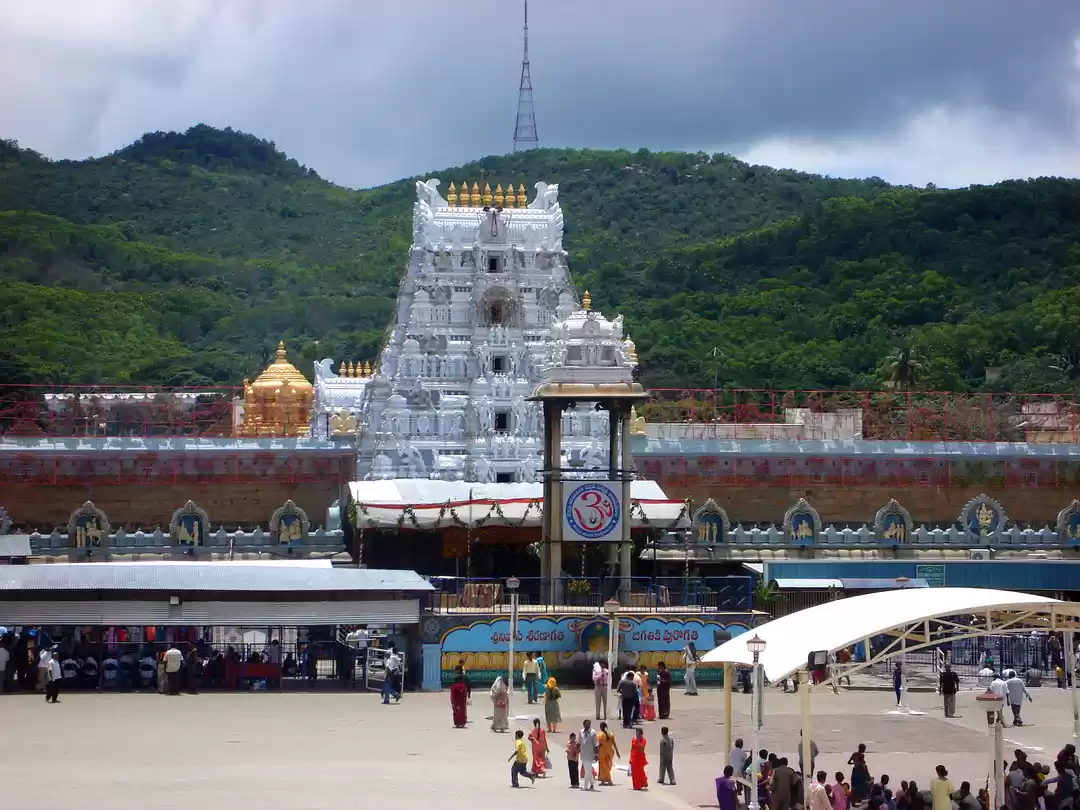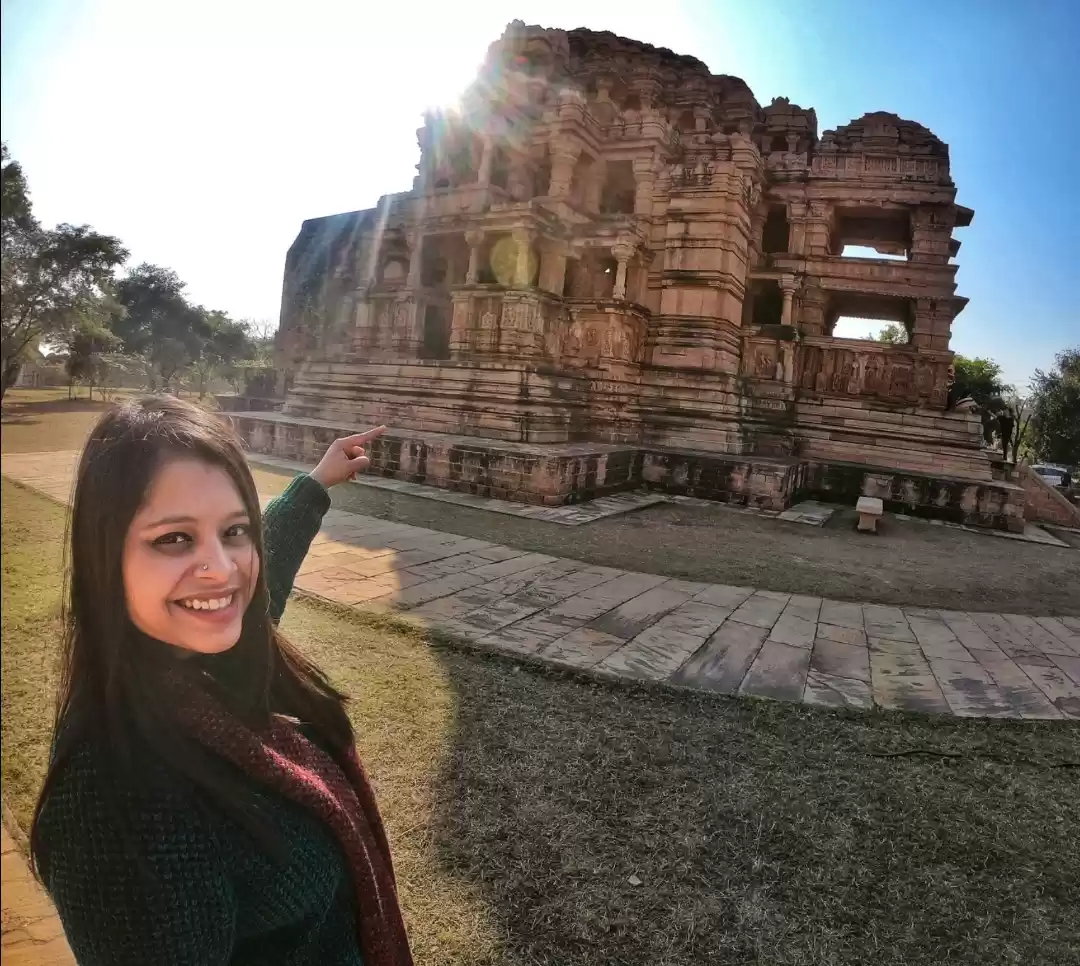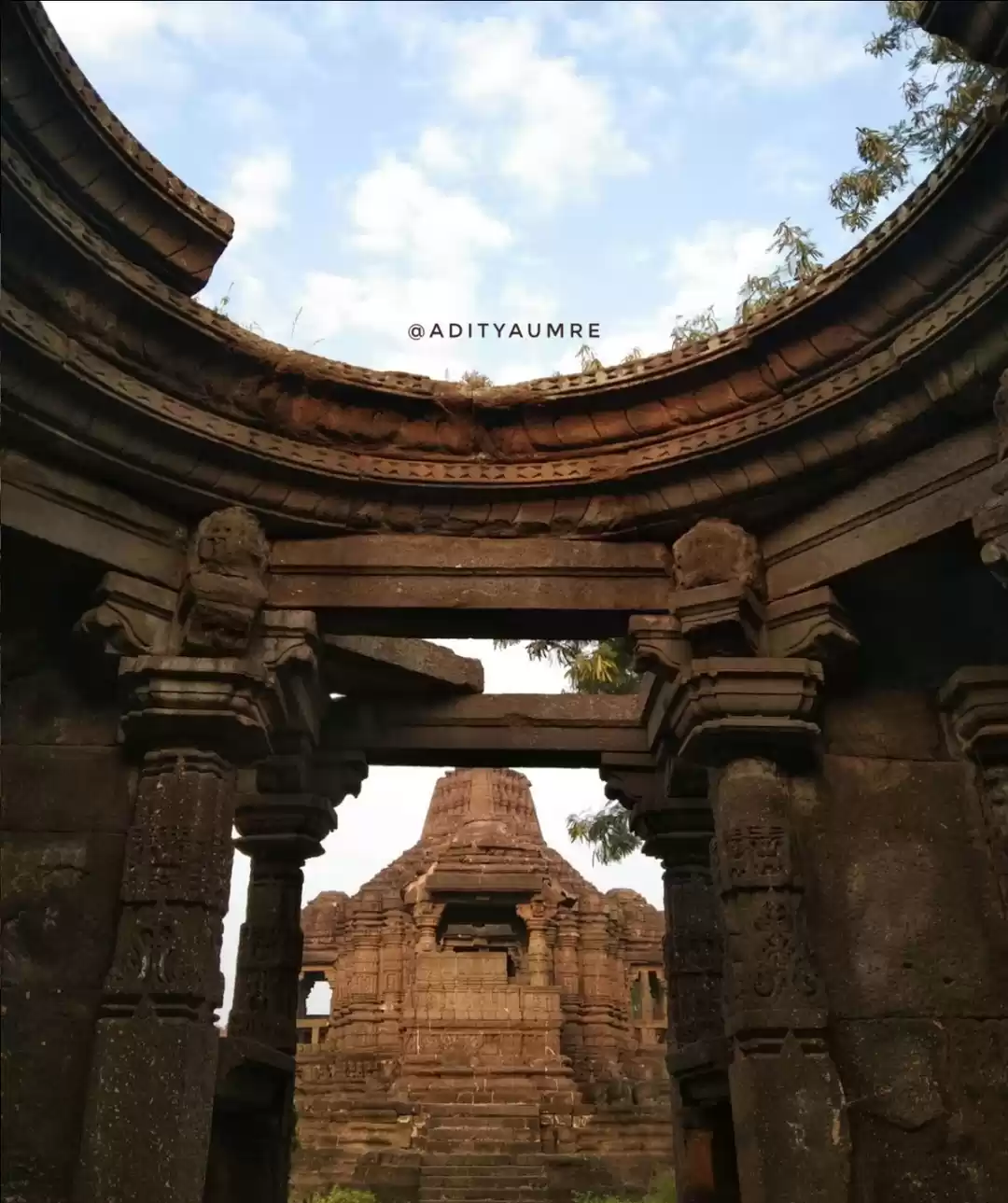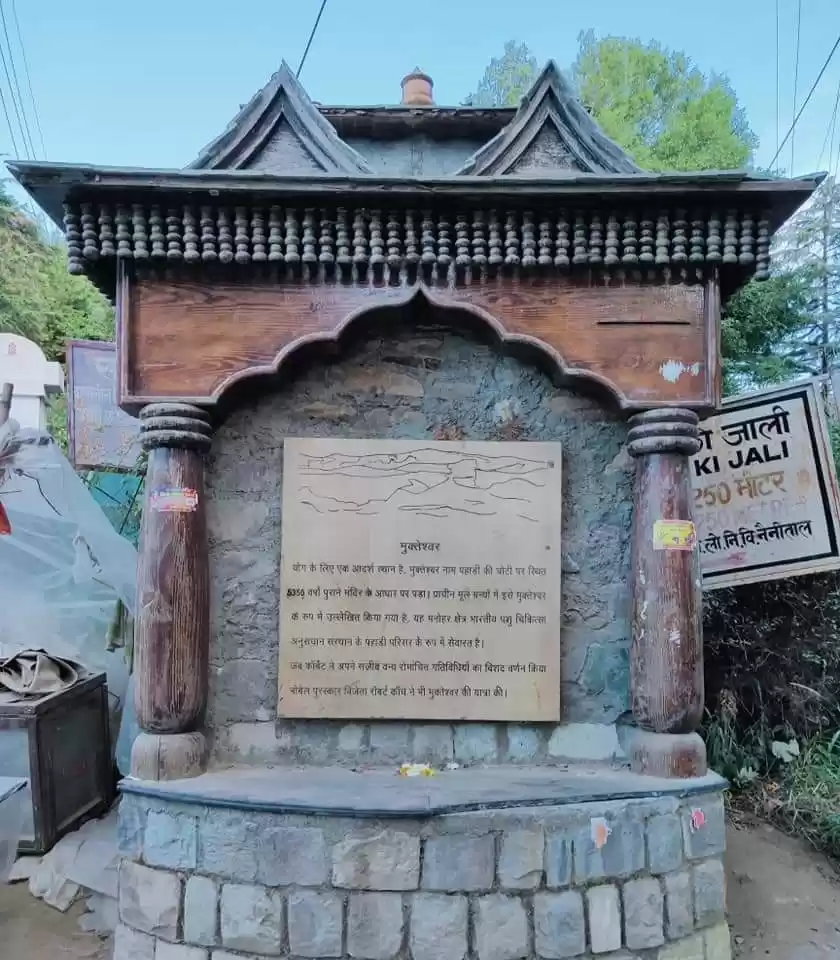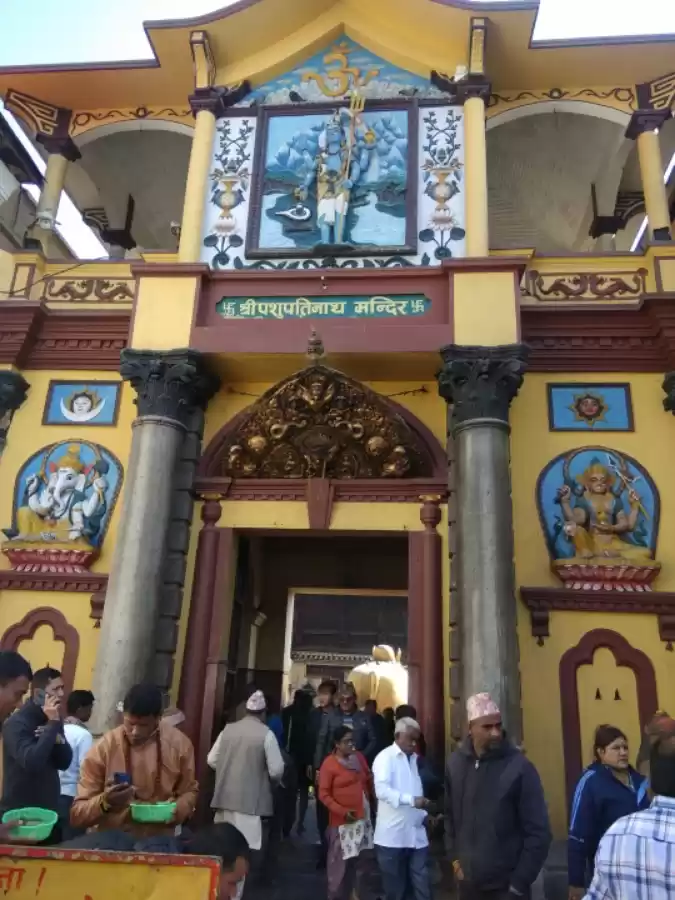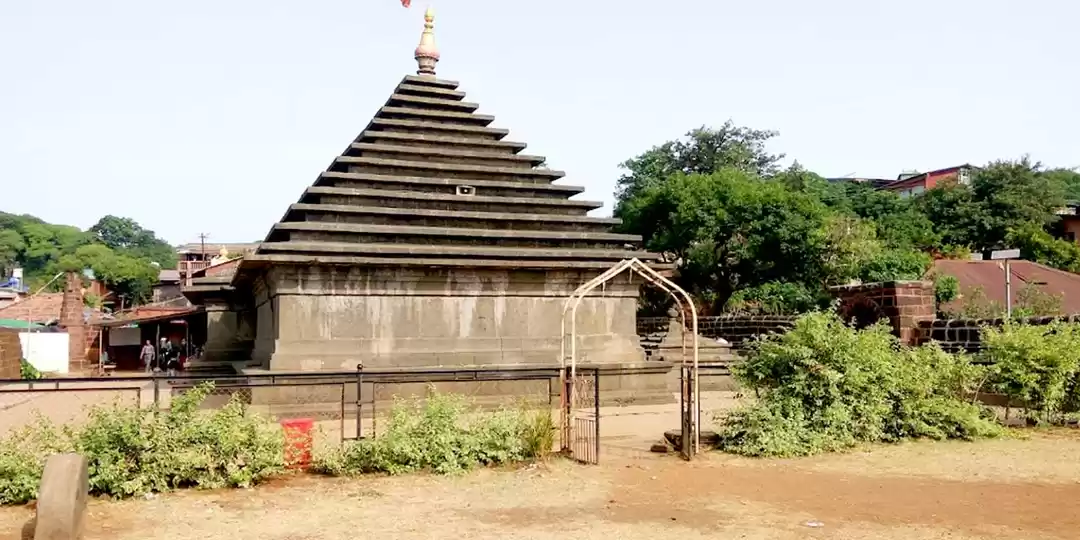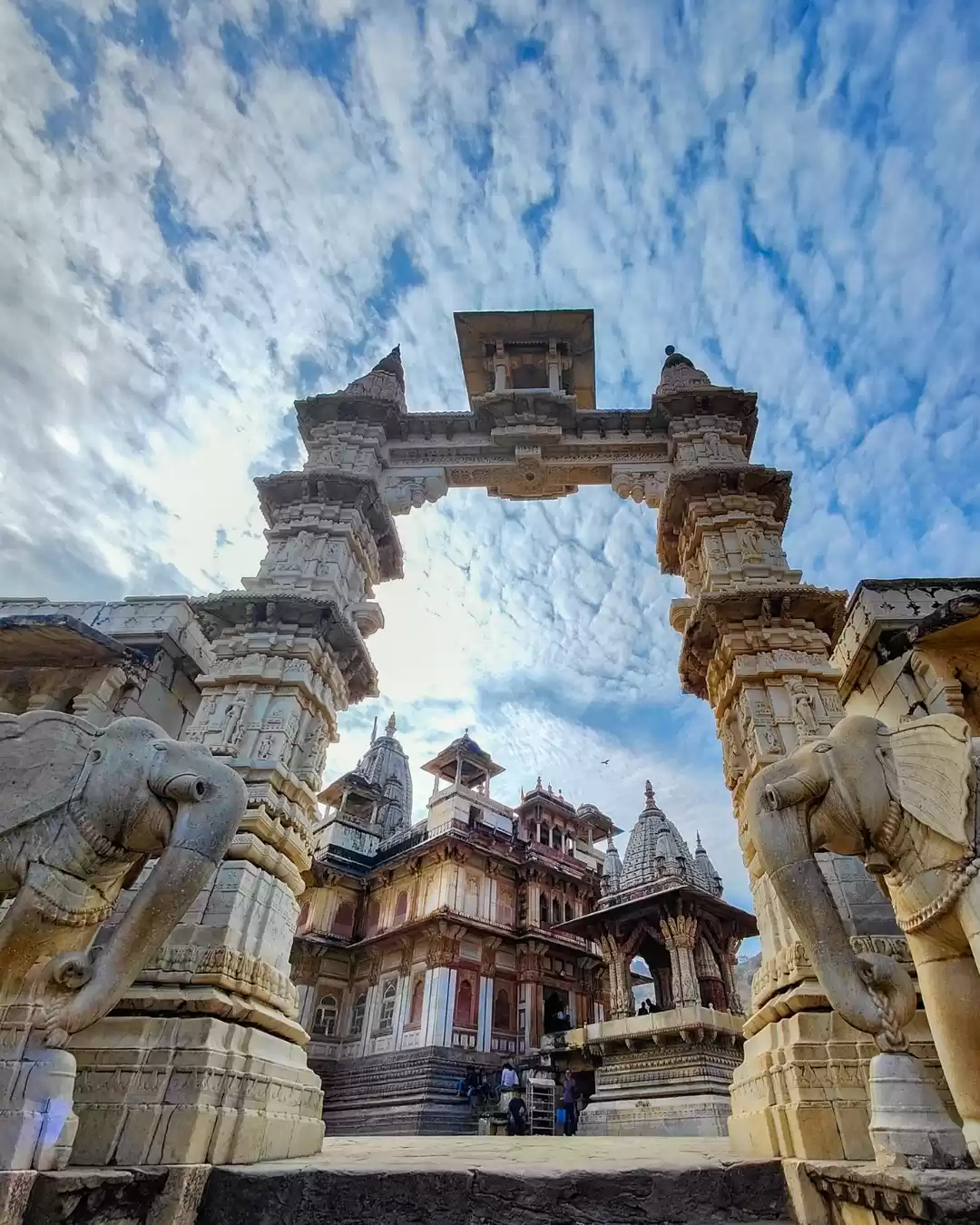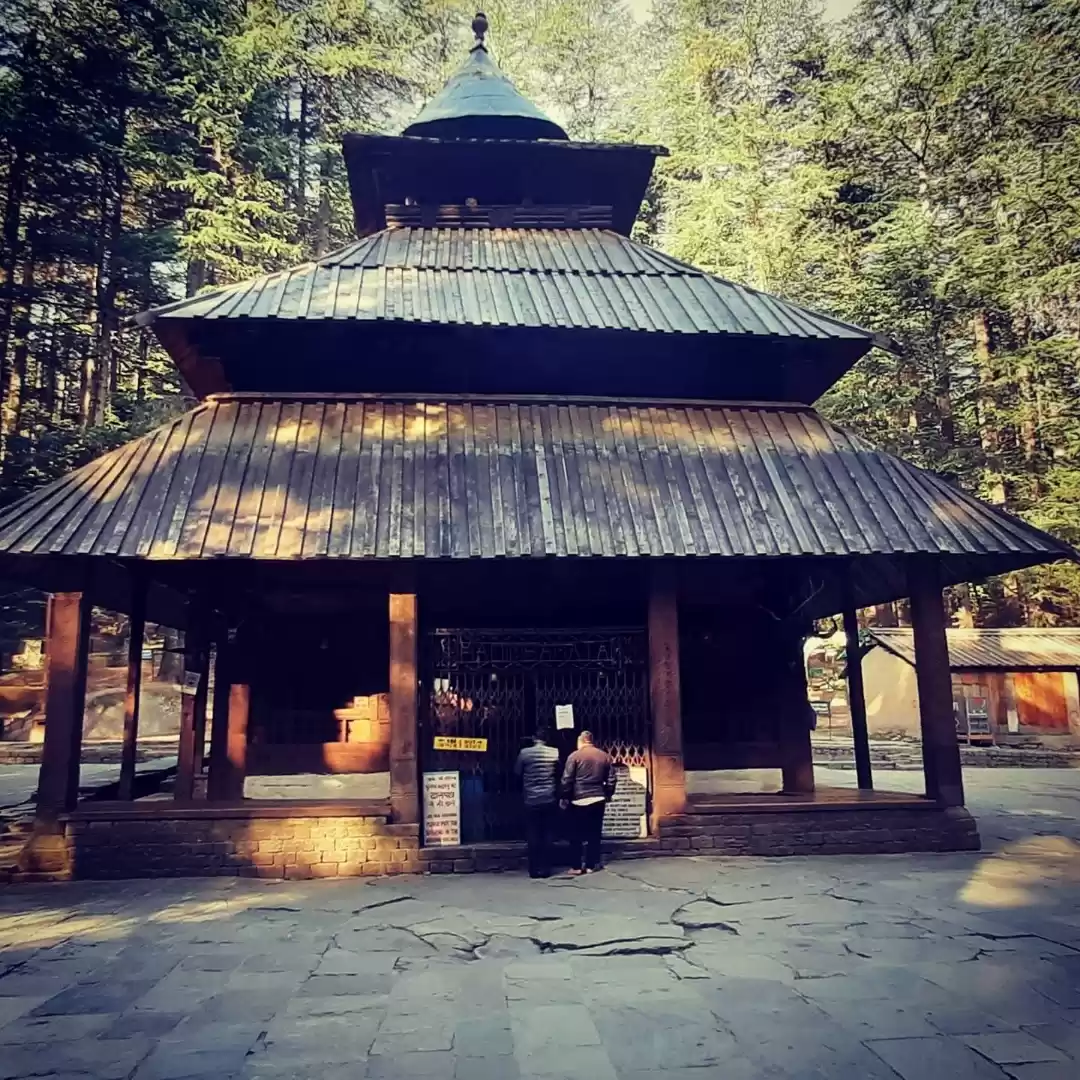Are you looking for a spiritual and cultural destination that will mesmerize you with its beauty, history, and significance? If yes, then you should visit the Thirumandhamkunnu Temple in Malappuram, Kerala, India. This temple is one of the most ancient and revered temples in Kerala, dedicated to Goddess Kali, an incarnation of Goddess Parvathi.
In this article, you will learn everything you need to know about the Thirumandhamkunnu Temple, such as its timings, pooja details, booking, history, location, offerings, accommodation, how to reach, and online booking. You will also discover the amazing festivals and celebrations that take place at the temple and the experiences and attractions that await you there. Read on to find out why the Thirumandhamkunnu Temple is a must-visit place for anyone who loves spirituality, culture, and nature.
History and Legend of the Temple
The Thirumandhamkunnu Temple has a rich and fascinating history that dates back to thousands of years. According to legend, the temple was founded by Mandhathav Maharshi, a great sage who performed penance on the Thirumandhamkunnu hill. He received the idol of Goddess Kali from Lord Siva, who was pleased with his devotion. The sage installed the idol on the hill and worshipped it with great reverence. The temple was later renovated and expanded by various kings and rulers, who also endowed it with many lands and privileges. The temple became a center of worship and pilgrimage for devotees from all over Kerala and beyond.

The temple is built in the traditional Kerala style of architecture, with a majestic gopuram (tower), a circular sanctum, and a spacious mandapam (hall). The main shrine houses the idol of Goddess Kali, who is also known as Thirumandhamkunnilamma or Bhagavathy. The idol is made of a rare stone called Katu Anjanam, which is believed to have medicinal and magical properties. The idol is adorned with gold ornaments and jewels, and is covered with a red silk cloth. The idol is said to be very powerful and benevolent, and fulfills the wishes of the devotees who pray to her with faith and devotion.
The temple also has other deities, such as Lord Siva, Lord Ganapathi, Lord Ayyappa, Lord Subramanya, and Goddess Durga. The temple complex also has a pond, a well, a museum, and a library. The temple is surrounded by lush greenery and scenic views, which add to its charm and serenity.
Timings and Poojas of the Temple
The Thirumandhamkunnu Temple is open for darshan (viewing) and pooja (worship) from 4:00 AM to 12:00 PM and from 5:00 PM to 8:00 PM on all days. The temple follows a strict schedule of poojas and rituals, which are performed by the priests with utmost care and devotion. The poojas and rituals are as follows:

Nada Thurakkal (Opening of the Sanctum): This is the first pooja of the day, which takes place at 4:00 AM. The priests open the sanctum and perform the Abhishekam (bathing) and Alankaram (decoration) of the idol of Goddess Kali. They also offer the Nirmalyam (remnants of the previous day’s pooja) to the devotees.
Usha Pooja (Morning Pooja): This is the second pooja of the day, which takes place at 6:00 AM. The priests perform the Usha Pooja (morning worship) and Deeparadhana (lighting of lamps) to the idol of Goddess Kali. They also recite the Sahasranama (thousand names) and Ashtothara (hundred and eight names) of the Goddess.
Ethirettu Pooja (Mid-Morning Pooja): This is the third pooja of the day, which takes place at 8:30 AM. The priests perform the Ethirettu Pooja (mid-morning worship) and Deeparadhana to the idol of Goddess Kali. They also offer the Navakam (nine offerings) and Pushpanjali (flower offering) to the Goddess.
Ucha Pooja (Noon Pooja): This is the fourth pooja of the day, which takes place at 11:00 AM. The priests perform the Ucha Pooja (noon worship) and Deeparadhana to the idol of Goddess Kali. They also offer the Nivedyam (food offering) and Aarathi (waving of lamps) to the Goddess.
Nada Adakkal (Closing of the Sanctum): This is the fifth pooja of the day, which takes place at 12:00 PM. The priests close the sanctum and perform the Nada Adakkal (closing of the sanctum) to the idol of Goddess Kali. They also offer the Thrippuka (incense) and Thalappoli (plate of offerings) to the Goddess.
Deeparadhana (Evening Pooja): This is the sixth pooja of the day, which takes place at 5:00 PM. The priests open the sanctum and perform the Deeparadhana (evening worship) to the idol of Goddess Kali. They also recite the Lalitha Sahasranama (thousand names of Goddess Lalitha) and Sree Sooktham (hymn of prosperity) to the Goddess.
Athazha Pooja (Night Pooja): This is the seventh pooja of the day, which takes place at 7:00 PM. The priests perform the Athazha Pooja (night worship) and Deeparadhana to the idol of Goddess Kali. They also offer the Nivedyam (food offering) and Aarathi (waving of lamps) to the Goddess.
Nada Thurakkal (Opening of the Sanctum): This is the eighth and final pooja of the day, which takes place at 8:00 PM. The priests open the sanctum and perform the Nada Thurakkal (opening of the sanctum) to the idol of Goddess Kali. They also offer the Thrippuka (incense) and Thalappoli (plate of offerings) to the Goddess.

The devotees can participate in the poojas and rituals by paying a nominal fee and booking in advance. The devotees can also make various offerings and vazhipadus (vows) to the Goddess, such as Mangalya Pooja (prayer for marital bliss), Valiya Vilakku (big lamp), Nei Payasam (ghee pudding), Thulabharam (weighing against offerings), Annadanam (feeding the poor), etc. The devotees can also receive the Prasadam (sacred food) and Theertham (holy water) from the temple.
Festivals and Celebrations at the Temple
The Thirumandhamkunnu Temple is famous for its festivals and celebrations, which attract thousands of devotees and visitors every year. The festivals and celebrations showcase the rich and vibrant culture and traditions of Kerala, and are a feast for the eyes and ears. The festivals and celebrations are as follows:

Pooram (Festival of Elephants):
This is the most grand and popular festival of the temple, which takes place in the month of Meenam (March-April) every year. The festival lasts for eleven days, and features a spectacular procession of elephants, drums, trumpets, flags, umbrellas, and fireworks. The festival also includes various cultural and religious programs, such as Thayambaka (drum solo), Panchavadyam (five-instrument ensemble), Kathakali (classical dance-drama), Ottanthullal (satirical art form), Bhagavathy Seva (devotional service), etc. The festival culminates with the Aarattu (holy bath) of the idol of Goddess Kali in the nearby river, followed by the Pallivetta (royal hunt) of the Goddess.
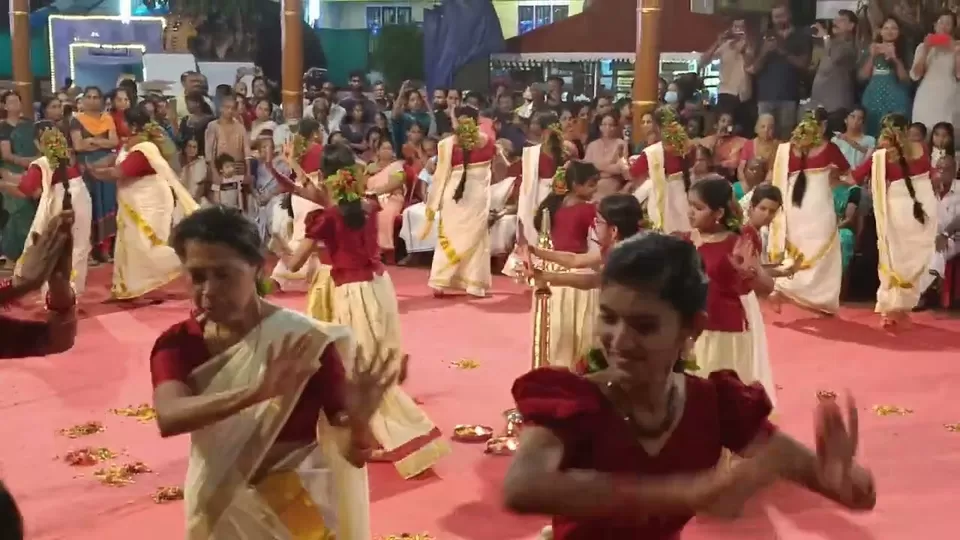
Thiruvathira (Festival of Dance):
This is another important and auspicious festival of the temple, which takes place in the month of Dhanu (December-January) every year. The festival lasts for eight days, and celebrates the birthday of Goddess Kali. The festival also commemorates the reunion of Lord Siva and Goddess Parvathi, who are the divine parents of Goddess Kali. The festival features a graceful and elegant dance form called Thiruvathirakali, which is performed by women in a circular formation around a lamp. The festival also includes various poojas and rituals, such as Thiruvathira Nivedyam (special food offering), Thiruvathira Vilakku (special lamp), Thiruvathira Pattu (special song), etc. The festival is considered to be very auspicious for unmarried women, who pray to Goddess Kali for a good husband and a happy married life.

Navaratri (Festival of Nine Nights):
This is another major and vibrant festival of the temple, which takes place in the month of Kanni (September-October) every year. The festival lasts for nine nights, and celebrates the nine forms of Goddess Kali, who are also known as Navadurga (nine Durgas). The festival features various poojas and rituals, such as Kalamezhuthu (drawing of the Goddess with colored powders), Kalampattu (offering of rice cakes to the Goddess), Kalamkaval (guarding of the Goddess), Kalamthozhuthu (worship of the Goddess), etc. The festival also includes various cultural and artistic programs, such as Bharatanatyam (classical dance), Mohiniyattam (classical dance of Kerala), Koodiyattam (ancient Sanskrit theatre), Chakyarkoothu (comic performance), etc. The festival culminates with the Vidyarambham (initiation of learning) ceremony, where children are taught the first letters of the alphabet by the priests.
Location and How to Reach the Temple
The Thirumandhamkunnu Temple is located in the town of Angadipuram in the district of Malappuram in the state of Kerala in India. The temple is situated on a hill, which offers a panoramic view of the surrounding landscape. The temple is also close to many other attractions, such as the Pazhayangadi Mosque (a 500-year-old mosque), the Thali Temple (a 1000-year-old temple), the Nilambur Teak Museum (a museum dedicated to teak wood), the Adyanpara Waterfalls (a scenic waterfall), etc.

The temple is well-connected by road, rail, and air to various parts of Kerala and India. The nearest bus station is Angadipuram Bus Station, which is about 1 km away from the temple. The nearest railway station is Angadipuram Railway Station, which is about 2 km away from the temple. The nearest airport is Calicut International Airport, which is about 50 km away from the temple. You can also hire a taxi, auto-rickshaw, or bike to reach the temple from any of these points.
The best time to visit the temple is during the winter season, from September to February, when the weather is pleasant and cool. The temperature ranges from 20°C to 30°C during this time, and the humidity is low. You can also visit the temple during the monsoon season, from June to August, when the weather is wet and green. The temperature ranges from 25°C to 35°C during this time, and the humidity is high. You should avoid visiting the temple during the summer season, from March to May, when the weather is hot and dry. The temperature ranges from 30°C to 40°C during this time, and the humidity is low.
Accommodation and Online Booking
If you are planning to stay near the temple, you have many options to choose from, such as hotels, resorts, guest houses, homestays, etc. Some of the popular and affordable accommodation options near the temple are:
1. Hotel Delicia (a 3-star hotel with modern amenities and facilities, such as AC rooms, TV, Wi-Fi, restaurant, etc.)
2. Hotel Soorya Regency (a 3-star hotel with comfortable and spacious rooms, such as deluxe, suite, family, etc.)
3. Hotel Emarald (a 3-star hotel with elegant and cozy rooms, such as standard, executive, premium, etc.)
4. Hotel Rose International (a 2-star hotel with basic and clean rooms, such as single, double, triple, etc.)
5. Hotel Aswathy (a 2-star hotel with simple and neat rooms, such as non-AC, AC, etc.)
You can compare the prices, facilities, ratings, and reviews of these accommodation options on various online platforms, such as TripAdvisor, Booking.com, MakeMyTrip, etc. You can also book your accommodation online through these platforms, or directly through the hotel websites or phone numbers.
You can also book your poojas, offerings, and tickets online through the official website of the temple, which is www.thirumandhamkunnu.org.
You can also contact the temple authorities through the email address thirumandhamkunnu@gmail.com or the phone number +91-4933-236666.
The Thirumandhamkunnu Temple is a wonderful and unique destination that will enrich your mind, body, and soul. The temple will offer you a glimpse of the divine and cultural heritage of Kerala, and will fill you with peace and joy. Whether you are a devotee, a traveler, or a curious explorer, you will find something to love and admire at the temple. So, what are you waiting for? Plan your trip to the Thirumandhamkunnu Temple today and experience the magic and beauty of Goddess Kali.
We hope this article has helped you with your query and has provided you with useful and interesting information. If you have any questions or feedback, please let us know in the comments section below. Thank you for reading and happy traveling!


